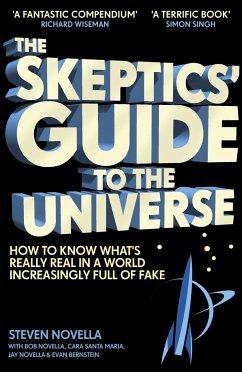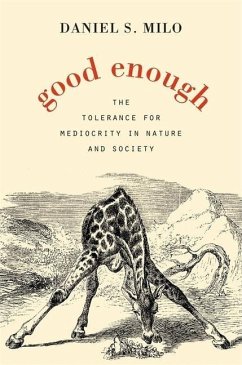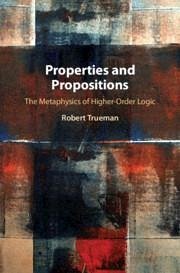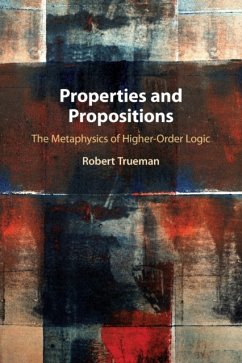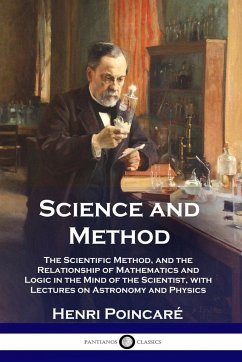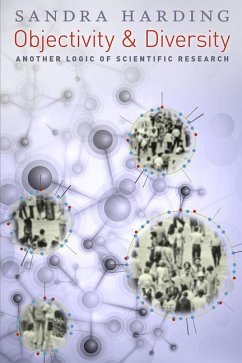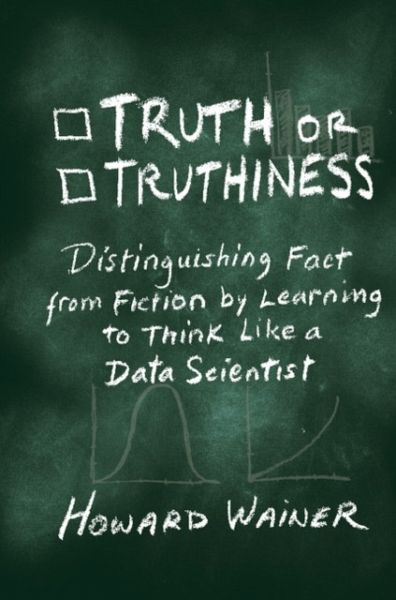
Truth or Truthiness
Distinguishing Fact from Fiction by Learning to Think Like a Data Scientist
Versandkostenfrei!
Versandfertig in über 4 Wochen
32,99 €
inkl. MwSt.
Weitere Ausgaben:

PAYBACK Punkte
16 °P sammeln!
Escaping the clutches of truthiness begins with one simple question: 'what is the evidence?' Howard Wainer shows how the sceptical mindset of a data scientist can expose truthiness, nonsense, and outright deception. He evaluates the evidence, or lack thereof, supporting claims in many fields, with special emphasis in education.





